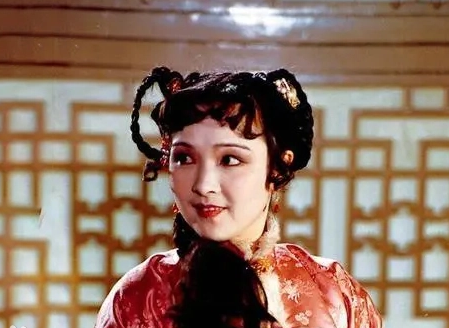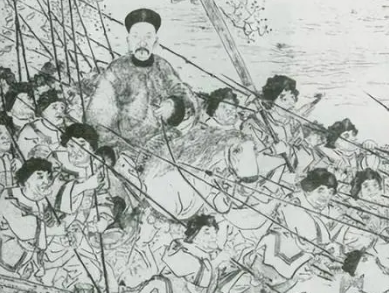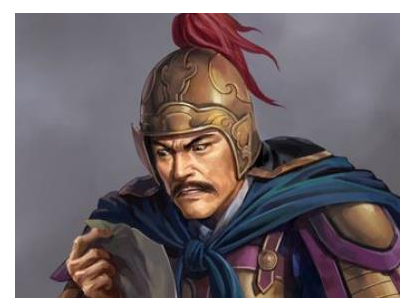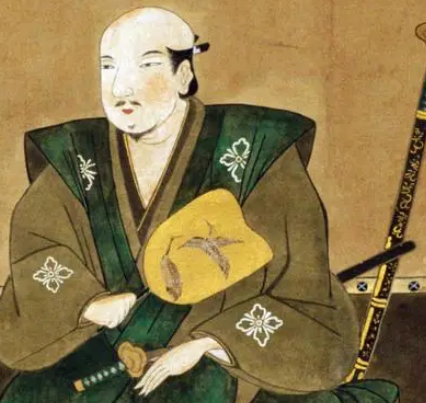In the history of the Chu Kingdom during the Spring and Autumn Period, the name of Xi Gui shined like a brilliant star, radiating with complex radiance. Her story not only involved love and marriage, but also intertwined with the struggle for political power. So, why did Xi Gui marry King Wen of Chu? And what were the reasons that led to her being criticized by later generations?

Xi Gui, originally a princess of the Chen Kingdom, was renowned for her beauty and talent. She was deeply in love with Xia Yushu, the son of the Marquis of Cai, and the two were deeply attached to each other, seemingly a perfect match made in heaven. However, the intervention of politics shattered this blissful union. King Wen of Chu decided to marry Xi Gui in order to consolidate his power and form an alliance with the Chen Kingdom. In that era, political marriages were a common means among countries to safeguard national interests and stabilize political situations.
Despite Xi Gui's deep love for Xia Yushu, under the pressure of the country and politics, she ultimately became King Wen of Chu's wife. While this marriage brought about an alliance between the Chu Kingdom and the Chen Kingdom, it also burdened Xi Gui with the crime of betraying love. Her choice may have been out of helplessness at that time, but in the eyes of later generations, her actions constituted a betrayal of love.
Apart from love, the reasons for Xi Gui's criticism by later generations were also related to her wisdom and abilities. According to historical records, after the death of King Wen of Chu, Xi Gui, as the mother of the nation, assisted her young son in governing the country, demonstrating extraordinary political wisdom. However, it was this performance that exceeded the role of women at that time, making her viewed as a schemer and power-hungry individual in later generations. In traditional concepts, women should prioritize their families rather than involve themselves in politics. Therefore, Xi Gui's wisdom and abilities ironically became the reasons for her criticism.
Overall, Xi Gui's story is one of life and death intertwined with love and politics. Although her marital choice was made out of consideration for national interests, it burdened her with the crime of betraying love. At the same time, her wisdom and abilities also led to her being questioned and criticized by later generations. However, when we review history, we should view Xi Gui's choices and actions more objectively, understanding the historical background and social environment she was in. Only in this way can we better understand and evaluate the life and fate of this legendary female figure from the Spring and Autumn Period.
Disclaimer: The above content is sourced from the internet and the copyright belongs to the original author. If there is any infringement of your original copyright, please inform us and we will delete the relevant content as soon as possible.
































